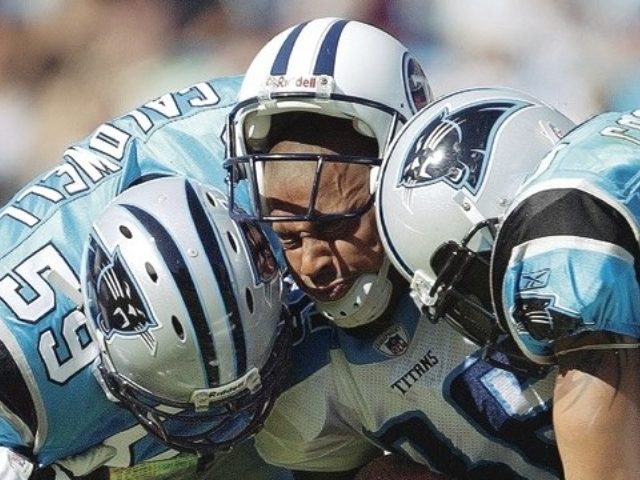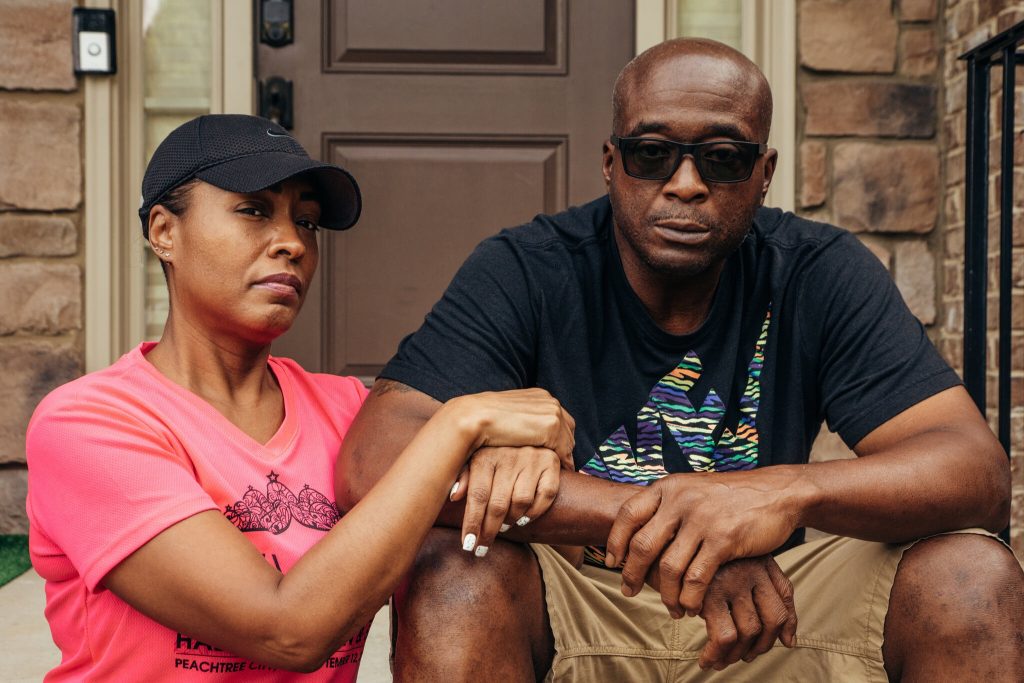
Plantation Politics In NFL Concussion Decisions
NFL says it will end controversial ‘race-norming’ in concussion settlement with players
The NFL and the lead attorney for about 20,000 former players on Wednesday both promised to end “race-norming” — a controversial practice that curves Black players’ cognitive test scores with data that assumes a lower level of function — as part of the payout process in the $1 billion-plus settlement of class-action concussion litigation against the league.
The statements from the NFL and attorney Chris Seeger came as the practice of race-norming in the settlement payout process, first brought to public attention last year in a lawsuit by two former players, has drawn heightened scrutiny in the courts and media.
“We are committed to eliminating race-based norms in the program and more broadly in the neuropsychological community,” the NFL said in a statement.
“I am sorry for the pain this episode has caused black former players and their families. Ultimately, this settlement only works if former players believe in it, and my goal is to regain their trust and ensure the NFL is fully held to account,” said Seeger.
The NFL, in its statement, maintained that no discrimination had occurred in the administration of the settlement, finalized in 2017, which has paid more than $800 million to more than 1,000 former players diagnosed with dementia, Alzheimer’s, and other brain-related diseases. But U.S. District Judge Anita Brody, who has overseen the settlement, has been so troubled by the revelation of race-norming that she took the unusual step of appointing a mediator earlier this year to investigate.
For Seeger, Wednesday’s statement, which came after he was interviewed for an ABC piece on race-norming, represents a different tone from earlier statements and court filings on the matter, in which he has claimed to be unaware of any evidence of racial bias in the settlement program.

“Today our focus is on eliminating the use of ‘race norms’ in the claims process and rescoring claims where they were applied. This process is being overseen by the court, and the results of our investigation will be released publicly once completed,” Seeger said.
“Race-norming” is an increasingly disputed practice in neuropsychology, used when testing to determine if a person has a brain disease or cognitive impairment, in which race is used as a rough proxy for other factors that can affect results in learning and memory tests, such as socioeconomic background and education.
The use of race norms in the NFL’s concussion settlement payouts first came to light last August, when two former players accused the league in a lawsuit of discriminating against hundreds — and potentially thousands — of Black former players. In their suit, former players Najeh Davenport and Kevin Henry alleged that race-norming prevented them from getting settlement payouts. In Davenport’s case, he claimed that a doctor initially diagnosed him with dementia, but the NFL appealed and demanded his test scores get curved using race-normed data, which resulted in a reversal of the diagnosis.
Judge Brody dismissed the case brought by Davenport and Henry earlier this year, and then directed a mediator to examine the issue. It’s unclear how many former players have been affected by the practice. Roughly 70 percent of former NFL players are Black. The NFL and Seeger have both claimed the use of race-norms was optional and ultimately the doctor’s discretion.
In January, however, an ABC report described emails in which doctors involved with the settlement program wrote they felt race-norms were mandated by the settlement’s test battery, and expressed concern the practice discriminated against Black players.
Wednesday’s developments were met with skepticism from some former players, who have grown increasingly dissatisfied not just with the league but also with Seeger, their lead lawyer, who some view as not advocating forcefully enough on their behalf.
“I’ll believe it when I see it,” said Ken Jenkins, a former Washington running back and insurance executive who last month hand-delivered tens of thousands of petitions to the federal courthouse in Philadelphia, where Judge Brody works, demanding equal treatment for Black players in the settlement.
Finalized in 2017, the settlement brought an end to thousands of lawsuits filed against the NFL across the country, accusing the league of concealing what it knew about the relationship between hits to the head and brain disease. The settlement created an uncapped fund for payouts totaling as much as $5 million for former players diagnosed with dementia, Parkinson’s, ALS, and other brain diseases linked to repeated head hits.








